No start date for Iran nuclear freeze expected from Vienna talks
World powers and the UN atomic watchdog discuss how to implement November's nuclear deal.
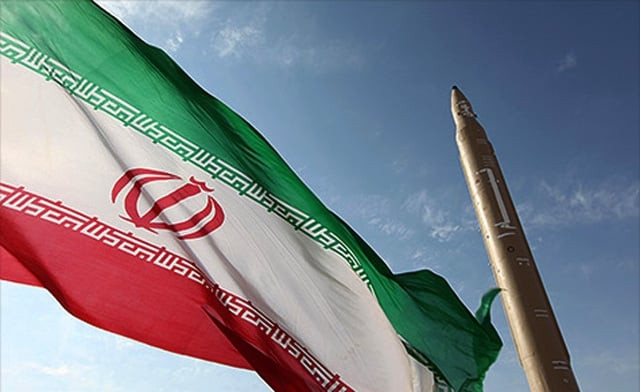
The six-month freeze is meant to make it more difficult for Iran to develop a nuclear weapon. PHOTO:FILE
The meeting between Iran and the United States, China, Russia, Britain, France, Germany - the so-called P5+1 - was making progress however, they said after two days of talks that were set to continue on Wednesday.
"It's certainly going well in terms of that the talks are lengthy and that they are constructive discussions," one Western envoy involved in the meeting in Vienna told AFP on condition of anonymity.
"My sense is that given that there are seven or eight entities involved with their own views it's inevitably going to take time."
He and a second participant said however that it was unlikely to result in an announcement of when Iran will start its promised six-month freeze of parts of its nuclear programme, as agreed in a deal in Geneva on November 24.
"It's difficult to imagine that happening," the second diplomat said. Instead this may be decided in a so far unscheduled meeting of political directors from Iran and the six powers.
Iran's lead negotiator Hamid Baeedinejad said that they had had "very good discussions" that "made our views known to each other with regard to the implementation aspects" in the Geneva agreement.
"The discussions are very smooth... We are not supposed to have any kind sort of agreement, just we are trying to have unified understanding of each and every measure," he told reporters after the talks ended late Tuesday.
In a major diplomatic breakthrough, Iran agreed in Geneva late last month to implement the temporary freeze in return for modest relief from UN and Western sanctions that have hit its economy hard.
The Vienna meeting of nuclear, sanctions and finance experts, which began Monday and also involves the International Atomic Energy Agency, is aimed at thrashing out how the interim deal will be implemented and how the measures will be monitored by the IAEA.
During the half-year period, Iran and the P5+1 are due to negotiate a "comprehensive" deal aimed at ending for good the standoff over Iran's nuclear programme after a decade of failed attempts and rising tensions.
Iran says its programme is peaceful, but many in the international community fear it is aimed at developing nuclear weapons.
Israel, itself widely thought to have nuclear weapons and which has refused to rule out military action, has sharply criticised the Geneva deal. Many Gulf monarchies are also unsettled by it.

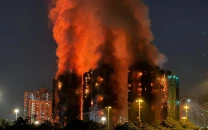
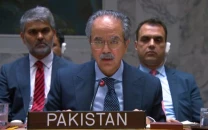
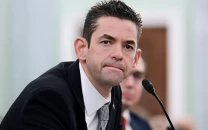
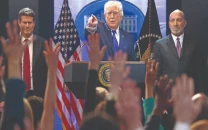














COMMENTS
Comments are moderated and generally will be posted if they are on-topic and not abusive.
For more information, please see our Comments FAQ